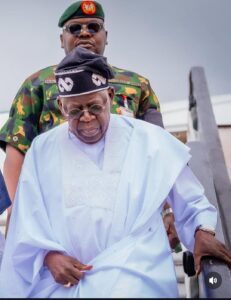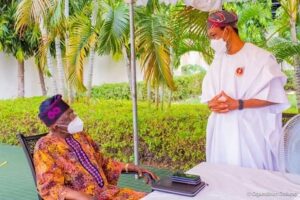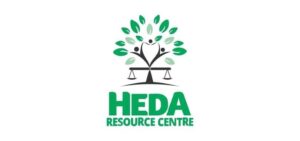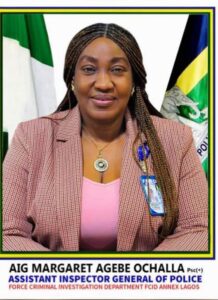20 Pounds: The Truth on Post-Civil War Rehabilitation and Reconciliation Monetary Policy By Olaide Omideyi
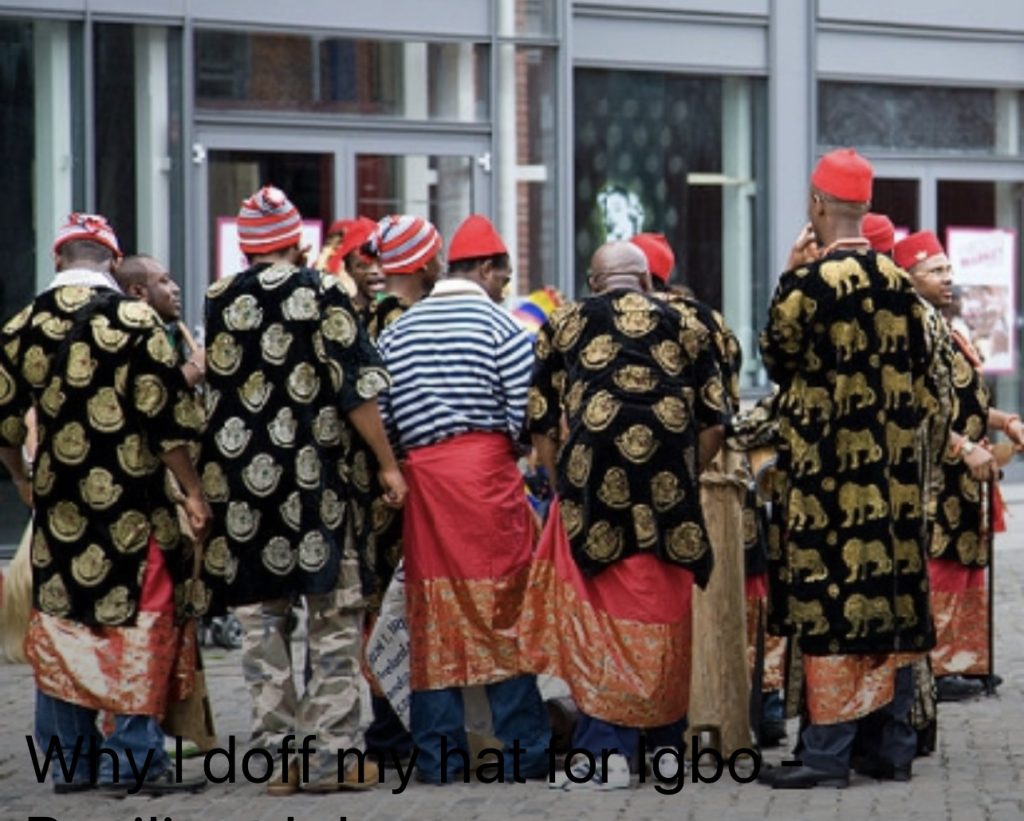
Some people somewhere are uncomfortable with the cordial relationship and mutual respect the Igbo and Yoruba seem to be having for each other in recent times and would do anything to reopen old wounds for political purposes.
I can say categorically that the falsehood and unfounded allegations that the Federal Government of Nigeria, through Chief Obafemi Awolowo, engaged in or executed a plan to pauperize Igbos has no basis in fact, logic and economics. I did comparative conflicts and reintegration and dealt with the Biafra issue more comprehensively from an academic viewpoint. I don’t believe in ‘what my uncle told me’ tales by moonlight.
In this short piece, I shall summarize the objectively verifiable facts. Whatever I write on this issue today are facts that everyone could check and verify.
- Bank penetration in 1966 was 5 percent for the whole of Nigeria. What this means is that, only 5 percent of Nigerians had access to or utilized banking services.
- The most popular bank that Igbos patronized was the African Continental Bank (ACB). 90 percent of Igbo people who had bank accounts in the 1960s were banking with ACB.
- Biafran soldiers under the command of Ojukwu broke into banks in the East holding Nigerian pounds and carted away money in their vaults. This was used to pay for weapons since the Biafran currency was not convertible. This means most of the savings of Igbo traders, public servants and others in those banks were looted and no one could account for them.
- The bank officials took advantage of the commotion to also steal their own from customer deposits and burnt all the records to hide their crime. Remember that we only started digital banking about a decade ago. In those days, they were using ledgers and pass books. Those old enough to know will remember. If your records are not in the bank ledgers, sorry is your name.
- When Ojukwu ran away to Cote d’ivoire, he left Colonel Effiong in charge and the fact that Ojukwu had never allowed anyone to take decisions meant Effiong didnt know what to do when Ojukwu left.
- The Biafran commanders agreed that they wanted to surrender to stop the loss of lives but didn’t know what to ask for when surrendering. One of the key issues they never contemplated or forgot about at the negotiations table was the issue of convertibility of the Biafran pound back to Naira. As at January 1970, the Biafran pound was not worth the paper it was printed on. This is simple economics and international politics. A currency can only be a legal gender if the issuing authority is a sovereign country recognized by her trading partners. This issue was not discussed and by 6 PM on 12 January, 1970, Biafra ceased to exist and so did the former emblems of its nationhood namely, the flag, coat of arms and most importantly, its currency.
- Many Igbos had millions of the Biafran pound with them which has now become virtually useless according to international monetary policy already summarized above buf many people still took the currency in their possession to banks, wanting to exchange them for Nigerian money. The banks were in a dilemma. These are people who had ‘money’ that is not money in financial terms because it is not convertible. Most of those taking their huge bundles of Biafran pounds to banks were also insisting that it must be exchanged at par to the Nigerian money. The exchange rate at the beginning of the war when most of them deposited their money into banks in the Biafran enclave was one Biafran pound to one Nigerian pound. At the end of the war, 5 million Biafran pound was not accepted for one Nigerian pound even by the Biafrans themselves. The Igbo people doing what was known as ‘Afia attack’, that is black market racketeering, were selling by barter, exchanging goods for trinkets and other family heirlooms.
- Those who had ‘real’ money in their accounts couldn’t get at the records because the bank officials, who were mostly Igbo by the way, had burnt the files and stolen their money.
- The federal government had to come in with the 20 pounds policy to prevent total breakdown of law and order and to create the basis for economic activities to resume in the Southeast.
- The government could not have repaid every claim because there was nothing like deposit insurance in those days. Those that stole money from the banks and burnt the records did it because they knew that Nigeria is a country where you can get away with anything.
- For the lucky few that had accounts outside the Southeast, most of them that returned to Lagos and other parts of the Southwest met their deposits intact,.most especially those that didn’t keep their money with ACB.
- While Igbo properties were confiscated in the South South, nothing like this happened in the Southwest. It was the only region where Igbo people were not targeted nor attacked. The attack on Eko bridge against an Igbo military officer was carried out by northern soldiers during the counter coup. Ojukwu got his father’s property back and he took WAEC to court and got full payment of all accumulated rent from them.
I took time to write this down to clear the air. Please investigate before responding. I don’t engage people whose only source or authority is ‘what my uncle, father or grandfather told me’.
For those with knowledge of international relations, you will understand why countries will not accept the Biafran currency. Same with those with knowledge of economics. A currency is a legal tender if issued by a country whose sovereignty is not in contention.
Olaide Omideyi is a conflict management, post-conflict reintegration and economic development expert with over two decades experience with international organisations including the United Nations. He writes from Abeokuta, Ogun state and can be reached on +2347032356295, omideyi3259@gmail.

